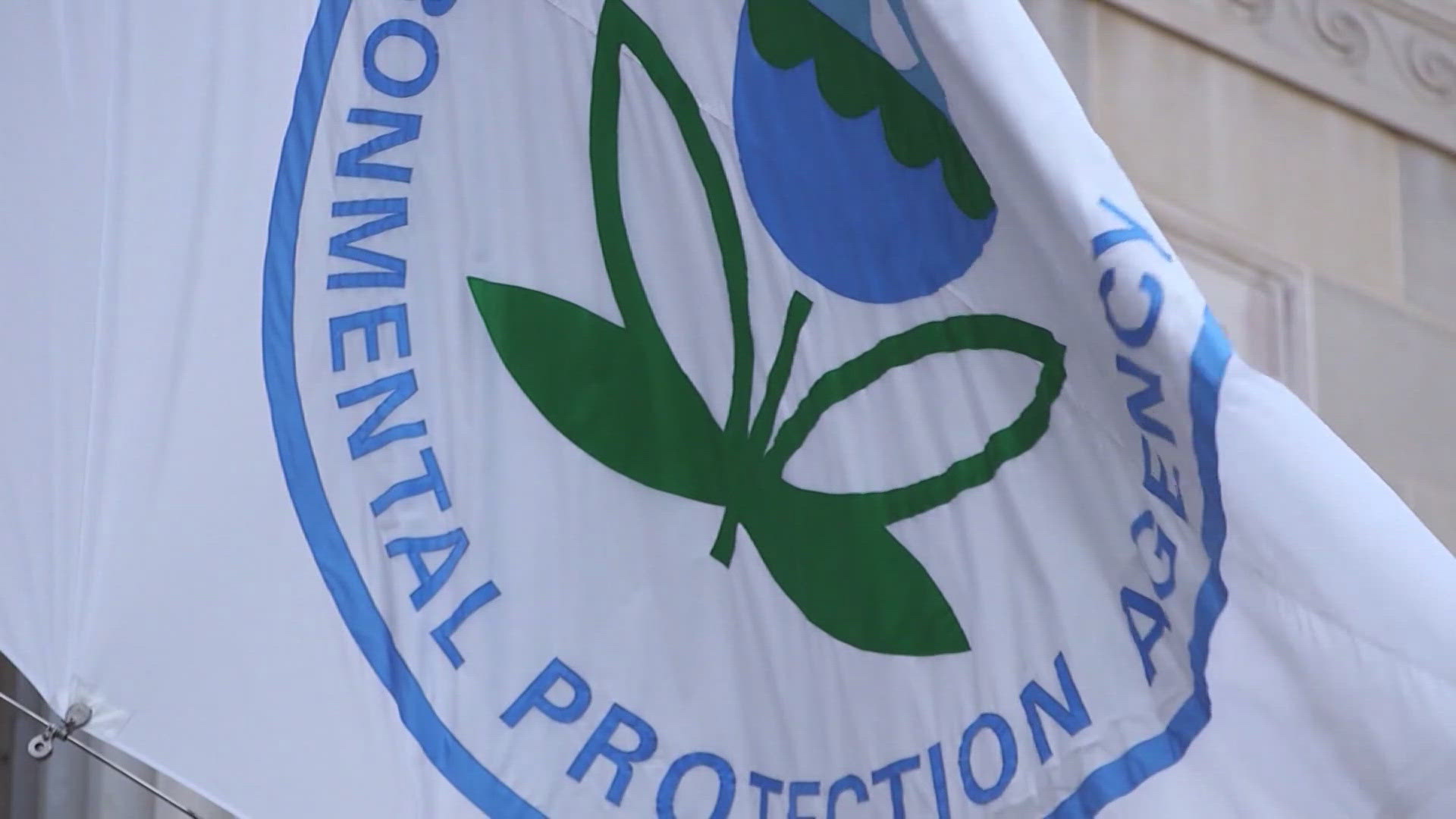BOULDER, Colo. — Monday, the U.S. Supreme Court delivered another hit to federal regulations, the third blow in a week.
The justices opened the door to broad challenges to regulations in a 6-3 ruling in the Corner Post case, saying new entities and companies can challenge old regulations.
The decision comes days after the court's decision to overturn a 40-year-old legal doctrine known as Chevron, effectively reducing the power of executive branch agencies like the Environmental Protection Agency (EPA) and shifting it to the courts.
The doctrine, named after a 1984 case involving the energy giant, has been the basis for upholding thousands of federal regulations but has long been a target of conservatives and business groups, who argue it grants too much power to the executive branch, or what some critics call the administrative state.
"Well, it wasn't too big of a surprise. It's certainly disappointing that they overturned a 40-year-old case. But they've definitely been in that business for a few years now," said Jonathan Skinner-Thompson, an associate professor at Colorado Law. "But of course, this really puts the nail in the coffin, so to speak."
Skinner-Thompson said previously, if a law was hazy or unclear, federal agencies could interpret what the law meant. The Supreme Court's ruling shifts the power from the executive branch to the judicial, handing judges that power instead.
Friday's Supreme Court ruling on Chevron means that the federal government could have a harder time defending those rules in federal court.
"So, if a law is hazy, a law is ambiguous, judges are the ones that are going to make that final call. And the problem is, there are hundreds of judges in the country. We don't know what any one judge is going to see when they take a look at these laws for the first time," Skinner-Thompson said. "It definitely creates a lot of uncertainty, uncertainty because we don't know what judges are going to say when they look at a statute or a law for the first time."
That decision leaves countless regulations now vulnerable to legal challenges and opens the door for big changes to federal regulations.
The decision could set back efforts to reduce air and water pollution, restrict toxic chemicals or even take on new public health threats like COVID-19, environmental and public health advocates said.
While the high court's decision will touch virtually every industry, advocates are particularly concerned about environmental impacts.
Skinner-Thompson said the Supreme Court has already severely handcuffed the EPA's ability to combat climate change. But this latest ruling will make implementing new regulations to fight climate change even harder.
"I think the EPA is going to be a little more cautious in terms of what they do. They're not going to be as aggressive on some of the big environmental problems," Skinner-Thompson said.
Following Monday's ruling by the Supreme Court on the Corner Post case, combined with the Chevron ruling, Skinner-Thompson said both decisions will open the door for future legal challenges to federal agencies.
Associated Press writers Matthew Daly, Tom Krisher in Detroit and Mary Clare Jalonick in Washington contributed to this story.
SUGGESTED VIDEOS: Latest from 9NEWS

